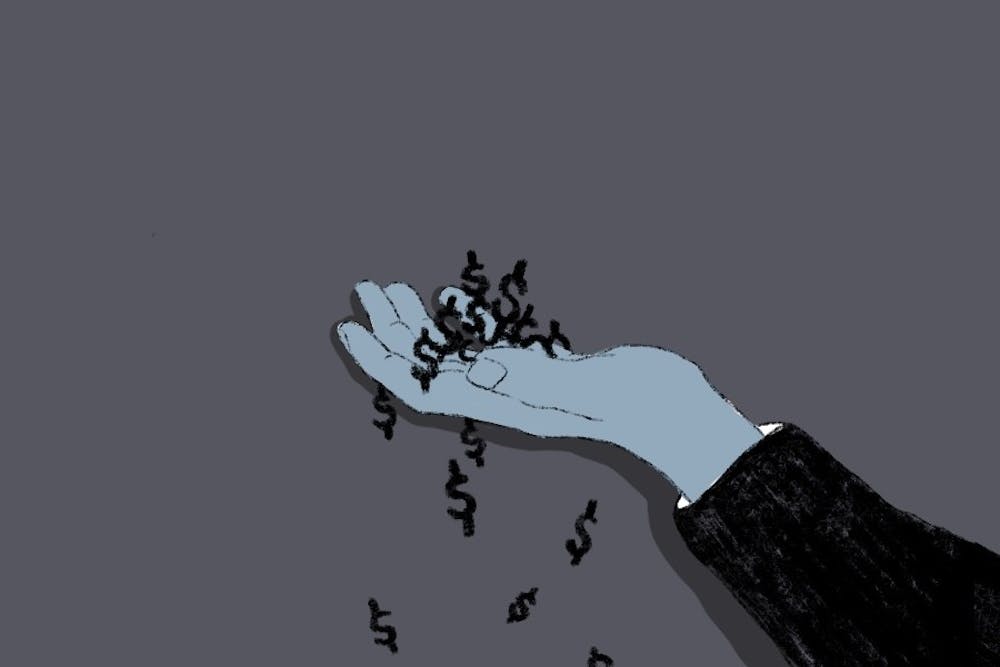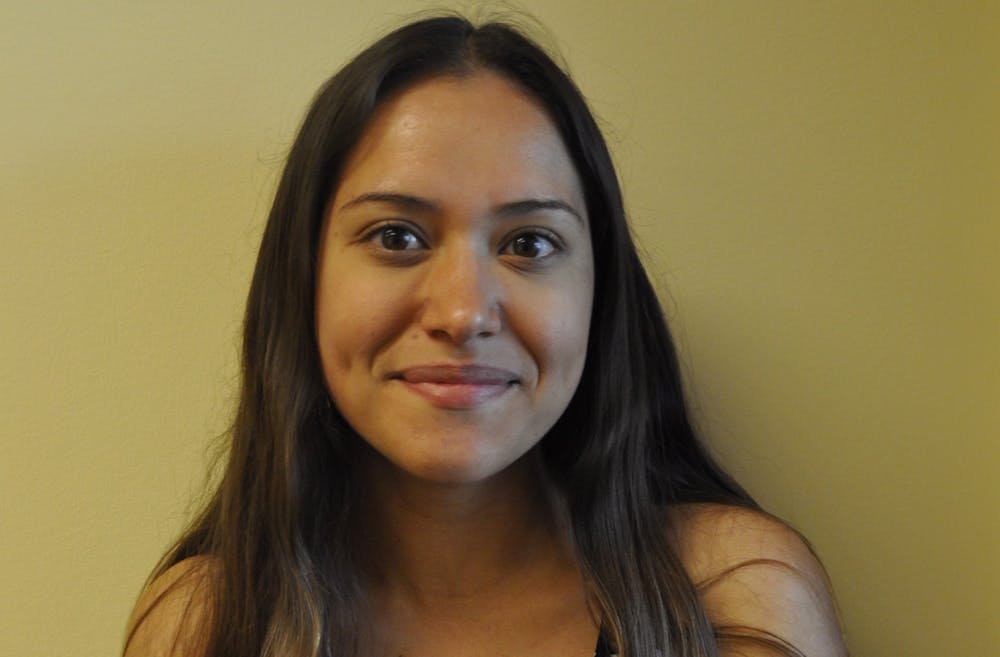
The Undergraduate Assembly and Students Activities Council are considering using leftover money in the Office of Student Affairs' $1.1 million reserve, also known informally to students as the "dark" fund, to cover the costs of on-campus spaces for groups that hold large scale conferences.
The UA released their Mid-Year Report on Jan. 15 providing status updates on all initiatives UA members are currently working on, including a new pilot program to fund on-campus rental fees for groups using reserve funds which the UA budget committee approved last fall according to College senior and UA budget committee member Elena Hoffman. Hoffman added that the pilot program has not been officially launched yet but that the UA is currently working with SAC and the Office of Student Affairs to finalize a plan to spend the available reserve funds.
College junior and UA Treasurer Kevin Zhou said approximately $700,000 of the reserve consists of student organizations’ revenue which the University holds and SAC therefore cannot use. Engineering and Wharton senior and SAC Chair Emily Su said that the UA and SAC are considering spending the remaining approximately $300,000 to help fund an experimental SAC funding policy which could include campus space rental fees or one-time purchases such as new equipment for student groups.
"After discussions with OSA about how to best utilize the dark fund, the UA and SAC have made the decision to launch a pilot program that will fund spaces for groups that hold annual, larger-scale on-campus conferences," the report read. "SAC will primarily use its own budget to fund this initiative to see if this reduces the amount of money left over at the conclusion of the academic year. If this pilot program leads to SAC going over budget, money from the dark fund will be used to break even."

UA Treasurer Kevin Zhou said approximately $700,000 of the reserve consists of money SAC can't use.
Su said the $300,000 reserve would serve as insurance and allow SAC to pay for groups’ on-campus space rental fees with the assurance that SAC would not go into debt. The available $300,000 consists of leftover money allocated to clubs’ annual budgets and leftover contingency funds which SAC provides to groups for unexpected costs throughout the year, Su added.
Executive Director of the Office of Student Affairs Katie Bonner said that the reserve fund typically does not carry over from year to year and accumulate to the large sum of money it has amounted to today.
"The SAC groups have generally been successful the last few years, so we now have a larger accumulation of resources," Bonner said.
Zhou said that last summer, VPUL used some of the reserve fund to renovate Houston Hall and the ARCH building with input from the 6B minority coalition leaders.
Zhou added that in past years, the UA has used the reserve fund to support groups that go into debt, including in one case a branch of student government. He said the Social Planning and Events Committee once went into debt, but he could not provide the date.

UA budget committee member Elena Hoffman said the UA is working with SAC and the Office of Student Affairs to finalize a plan.
The Office of Student Affairs does not allow SAC to use the reserve fund to bail out student groups, Zhou said, but it has allowed for the fund to cover short term losses until the student group completes a plan for paying off their debt.
Wharton sophomore and president of the Penn Debate Society Shreyoshi Das said new guidelines for SAC to fund rental fees would help groups that host tournaments on campus. After renting classrooms in Williams and College Hall and dorm rooms in the Quad, Das said Penn Debate Society’s rental fees can cost up to $4,000 of the $6,000 earned in registration fees from annual tournaments they host.
Das added that she also hopes SAC will consider funding travel to the team’s international tournaments, particularly for low-income students.
“It really breaks our hearts when we have to limit the number of teams that can go to certain tournaments because we don’t have the funds to send them,” Das said.
Zhou said that while the UA is still working out the details with SAC and OSA on how to spend the reserve fund, he and the UA welcome any student ideas.
The Daily Pennsylvanian is an independent, student-run newspaper. Please consider making a donation to support the coverage that shapes the University. Your generosity ensures a future of strong journalism at Penn.
Donate







